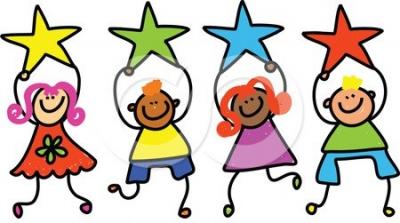Communicating Student Learning
Communicating Student Learning at Joseph Howe School
Methods to assess learning
Teachers gather information about what students learn, how they learn, and growth they have made in a variety of ways. In planning assessments, teachers use a broad range of strategies in an appropriate balance to give students multiple opportunities to demonstrate their knowledge, skills and attitudes. By ensuring a variety of methods, teachers give students the opportunity of showing their best work.
At Joseph Howe Elementary School, teachers use a variety of ways to assess student performance. These may include, but are not limited to:
• Formal and informal observations
• Checklists
• Anecdotal records
• Conferences/interview
• Daily work samples
• Portfolios
• Projects, presentations/reports
• Student journals
• Test/quizzes
• Performances-skits, puppet shows, public speaking, debates, plays, role playing, song and dance, instrumental music
• Peer and self-evaluation - students assessing own and each other’s work using clear guidelines
The Nova Scotia Department of Education provides curriculum guides that describe the learning outcomes for each curriculum area, and teachers at Joseph Howe School are in the process of using them in planning, delivering and assessing the outcomes for the learning activities they set up for the class.
How we communicate student learning
Information about your child’s learning can be communicated to students, parents/guardians and teachers in a variety of ways. These methods include, but are not limited to:
• Progress reports
• Curriculum sessions for parents/guardians
• Monthly school and/or class newsletters
• Calendars
• Special events
• Student homework
• Work samples
• Published stories
• Read-at-home programs
• Records of books read
• Writing folders
• Journals
• Projects
• Displays
• Visits
• Phone calls
• Performances
• Recordings
• Portfolios
• Conferences
• Information home about upcoming assessments and signatures on completed assessments
• Awards given by the school
Timeline of events for communicating students learning
Some of these possible ways for communicating student learning in relation to the expected outcomes will be undertaken on a school-wide basis and others are particular to individual classes and teachers. There are specific times set aside to have teachers inform parents, formally and informally, about student progress. While much of the communication between home and school takes place on an informal basis, there are formal written report periods. There times per year (see dates below), the school will send home progress reports that are written in narrative form. If the standard forms of communication are inappropriate (for examples, parents do not understand written English), alternate methods of communication will be pursued. The following calendar outlines these events:
September 29- Classroom Curriculum Overview (here)
November 15 - Dec. 2 - First term Report Cards sent home
Nov. 25 - Parent/guardian/teacher conferences (afternoon and evening)
March 28 - April 7 - Second term Report Cards sent home
April 7 - Parent/guardian/teacher conferences (afternoon and evening)
June 30 - Third term Report Cards sent home
